
Enuresis, basically, stands for one's incapability of controlling his/her own bladder, resulting in involuntarily urination both during the day and during the night. When this condition affects a person during nighttime, it is called nocturnal enuresis or bed-wetting. On the other hand, daily occurrences of this disorder are referred to as diurnal enuresis. This condition is mostly seen in children and, even though it goes away as soon as they manage to learn how to control their bladder, some individuals suffer from enuresis for a lot longer than what is considered to be normal.
Signs of Enuresis
In order for a person to be suffering from this condition, he/she needs to be older than 5 and experience recurrent involuntarily urination for more than 2 times a week, over three months. If the same symptoms appear in younger patients, this state of affairs is considered to be normal and temporary.
The manifestations of this condition are quite straightforward, since they are embodied through urination at inappropriate time and place. Additionally, the affected children may fidget, become nervous, jump around, squirm or hold their genitals.
Causes of Enuresis
Numerous factors may be behind this condition. Namely, an underlying disease such as urinary tract infection may cause it, or some kind of a problem with the kidneys, spinal cord or bladder. Sometimes, the affected children lack sufficient amounts of ADH or antidiuretic hormone, which prevents the kidneys from releasing excessive amounts of water into the bladder during sleep. On the other hand, an abnormally small bladder may be the reason behind enuresis too. Yet, many times, the causes behind this condition remain unexplained.
Regardless, once a child older than 5 starts bed-wetting or urinating uncontrollably and persistently, he/she needs medical help. Upon visiting the doctor, the child will be thoroughly examined and tested for the presence of any of the above mentioned causes of enuresis. Also, the child will be asked a series of questions about his/her lifestyle and habits.
The treatment itself may involve a therapy for getting rid of the underlying cause or undergoing some alternative therapies such as counseling.
Enuresis Counseling and Alternative Treatments
Hypnosis has been known to help some children overcome their involuntary urination. Also, acupuncture may be helpful. As for psychotherapy, it was proven to be effective, especially with children who suffer from secondary enuresis or those who urinate on purpose due to psychiatric disorders. Counseling and regular therapies may help these individuals overcome this persistent and uncomfortable problem.
Finally, behavioral therapy reports a success of 75%, being higher than any other method, apart from medications.



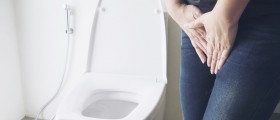

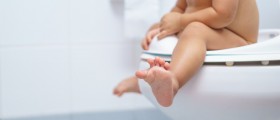
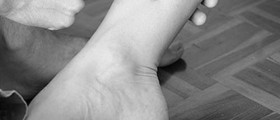

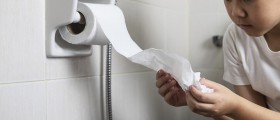
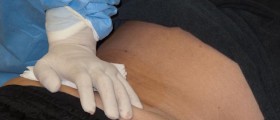







Your thoughts on this
Loading...